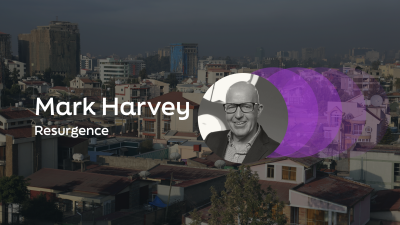
Disaster risk reduction: a resilience agenda for urban Africa
The Disaster Risk Reduction for Africa (DRR4Africa) project seeks to improve the resilience of three selected African cities to climate-induced disasters by collaboratively identifying the biggest disaster threats, and developing solutions packages tailored to these cities.


